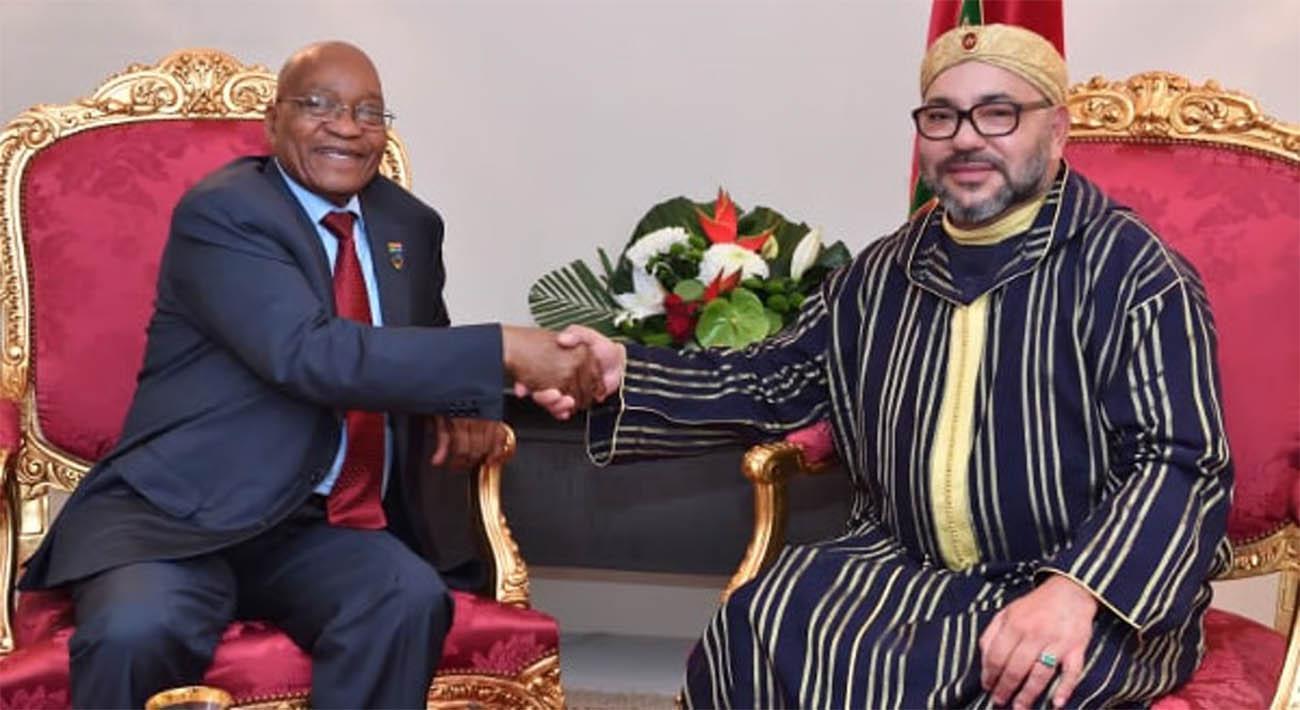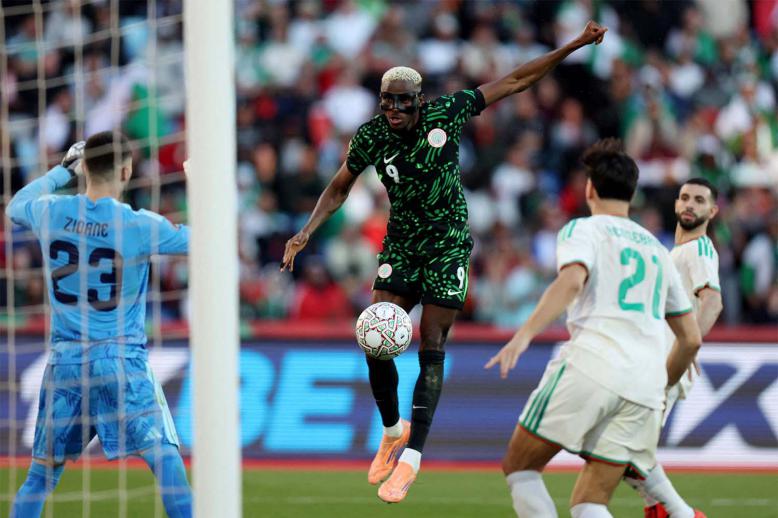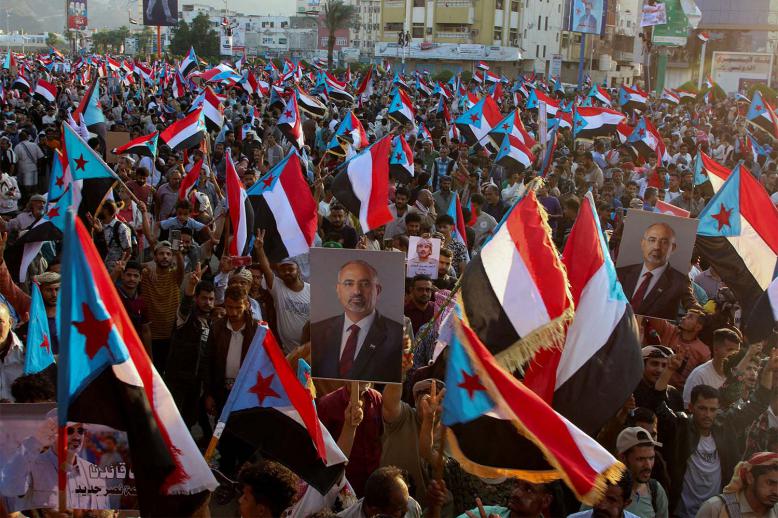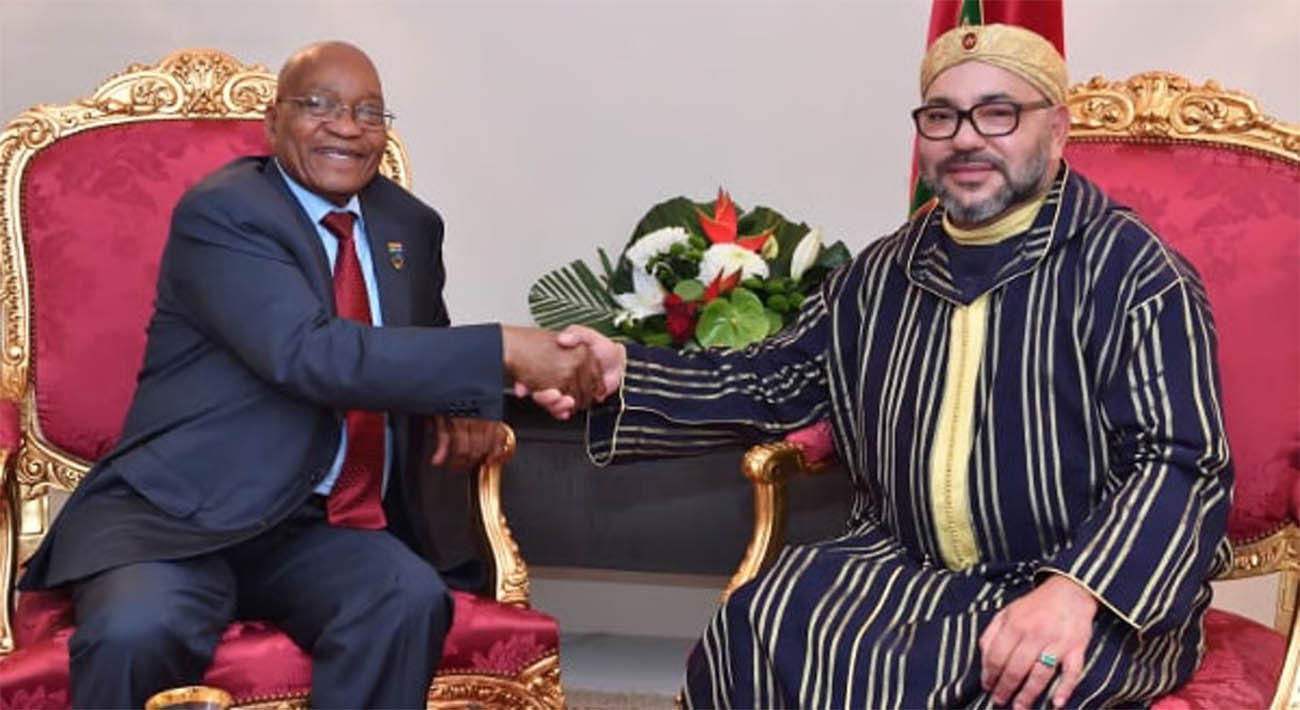South Africa’s major opposition party endorses Morocco’s Sahara autonomy plan
LONDON - South Africa’s uMkhonto weSizwe (MK) opposition party , founded by former presidents Nelson Mandela and Jacob Zuma, has publicly endorsed Morocco's autonomy plan for the Sahara.
In an official document, the MK said that Western Sahara was an integral part of Morocco long before Spanish colonization at the end of the 19th century.
"The recovery of this territory by Morocco in 1975 is part of the legitimate framework of the restoration of its territorial integrity," said the MK.
This statement contrasts radically with South Africa's long position of being aligned with Algeria over its support of the separatist Polisario Front.
The MK justified its position by highlighting "the incontestable historical and legal context" which “forms the basis of Moroccan claims.”
Zuma's party said that it sees Morocco’s autonomy initiative as "a balanced path combining local governance for the Sahrawis and maintaining Moroccan sovereignty, which is consistent with the principles of self-determination while ensuring regional stability."
"Our position is part of a pan-African vision aimed at unifying the continent rather than dividing it," said the text, implicitly criticizing the ruling ANC party's approach, which it considers "disconnected from current geopolitical realities."
This MK’s stance echoed the diplomatic efforts undertaken by Jacob Zuma during his presidential term.
The MK leader met with Moroccan King Mohammed VI on the sidelines of the 2017 AU-EU summit in Abidjan.
"Morocco is an African nation with which we must maintain relations," Zuma then said, recalling that it was Pretoria which had initiated the diplomatic rupture in 2004 by recognizing the so-called "Sahrawi republic.”
This MK’s stance came after a flurry of African and European countries considered the autonomy plan presented by Morocco in 2007 as the most credible, viable, and pragmatic basis for a lasting resolution to the Western Sahara conflict.






